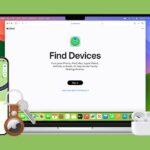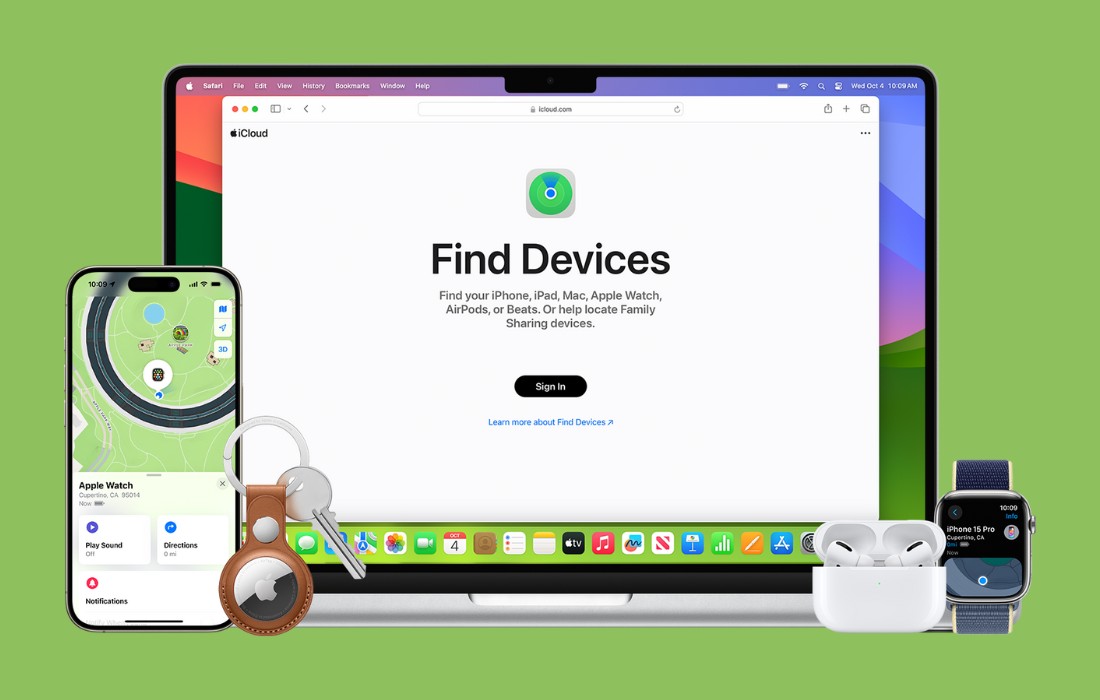Introduction Apple’s tight control over its ecosystem makes iOS app development seem exclusive to its hardware, notably MacBooks. This blog explores whether a MacBook is truly necessary for developing iOS apps and offers alternatives for those without one.
iOS App Development Overview
iOS app development involves creating applications for Apple’s iOS devices, such as iPhones and iPads. This process includes designing, coding, testing, deploying, and managing apps using tools like Xcode, Swift, and Objective-C. With over 3.83 million non-gaming apps on the App Store as of July 2023, the demand for iOS apps continues to rise, making this a crucial area for developers.
Is MacBook Mandatory for iOS App Development?
Short Answer: No. While having a MacBook is not strictly necessary, it is highly recommended for several reasons:
- Ecosystem Integration: Macs seamlessly integrate with Apple services like iCloud and Apple Pay, making development easier.
- Xcode: The official IDE for iOS development is Xcode, which is only available on macOS. Though alternatives exist, they are often less efficient and may not fully support all features.
- iOS Simulation: Testing iOS apps requires the iOS simulator in Xcode, which is exclusive to macOS.
- App Store Submission: Packaging and submitting iOS apps to the App Store through Xcode is streamlined on a MacBook.
Alternatives to MacBook for iOS App Development
If owning a MacBook is not feasible, consider these options:
- AppMySite: This no-code platform allows you to build and deploy iOS apps without a MacBook. It handles app generation and submission through its system.
- Cloud-Based Mac Access: Services like MacinCloud provide remote access to macOS, allowing you to use Xcode and other macOS tools.
- Cross-Platform Tools: Frameworks like Flutter and React Native let you develop apps for both iOS and Android, though testing on an actual iOS device is still recommended.
- Hackintoshing: Installing macOS on non-Apple hardware (Hackintosh) is possible but not recommended due to legal and ethical concerns.
Conclusion
While not mandatory, using a MacBook simplifies the iOS app development process. Alternatives like AppMySite, cloud-based macOS access, and cross-platform tools can help you develop iOS apps without a MacBook. For the best development experience, particularly when handling complex projects or multiple team members, investing in a MacBook remains advantageous.
Frequently Asked Questions
What is a MacBook? A MacBook is a line of laptops from Apple running macOS. Popular models include the MacBook Air and MacBook Pro.
What is iOS app development? It involves creating applications for Apple’s iOS devices using tools like Xcode and programming languages like Swift or Objective-C.
Which MacBook is best for iOS development? The choice depends on your needs and budget. Generally, higher-end models like the MacBook Pro offer better performance for intensive development tasks.
Is an iPhone necessary for iOS app development? An iPhone is not mandatory but is useful for testing. Alternatively, you can use simulators or no-code tools for initial testing.
How to develop iOS apps on Windows? Options include setting up a macOS virtual machine or using cross-platform tools, though these methods may have limitations.
Why should I create iOS apps? iOS apps can be profitable due to the high spending power of iOS users and the lucrative market potential.
How to create iOS apps without coding? No-code platforms like AppMySite allow you to create and deploy apps without writing code, including handling submission to the App Store.












